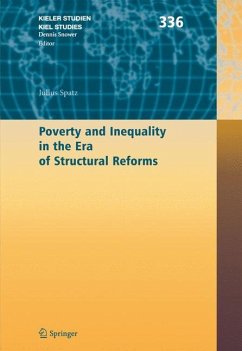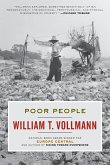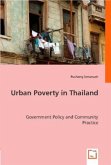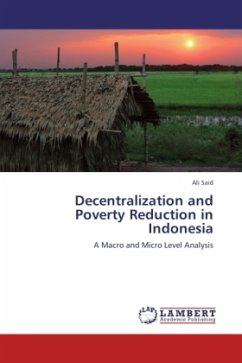Fueled by the ongoing debate about the distributive effects of the Washington Consensus, the dynamics of poverty and inequality have returned to the center of attention of academic scholars, policymakers, and the public at large. The main obstacles to analyzing this issue are incomplete income and consumption data in developing countries. Hence, the book presents a new dynamic cross-survey microsimulation methodology and applies it to generate the database for a detailed case study on Bolivia during the era of structural reforms. Building upon this database, the dynamics of different dimensions of poverty and inequality in 1989 - 2002 are analyzed with various microeconomic tools. The empirical results suggest that in the case of Bolivia the impact of the Washington Consensus has neither lived up to the expectations of its proponents nor to the fears of its critics.








